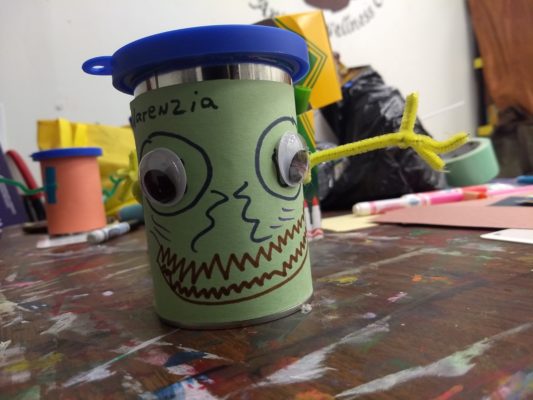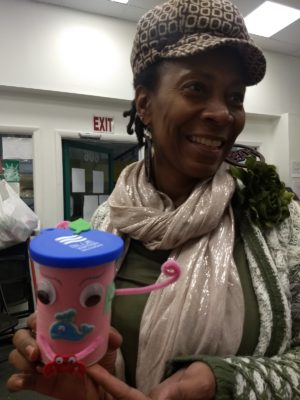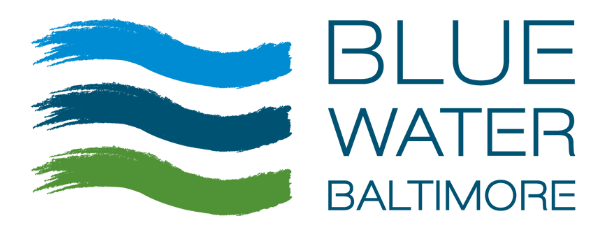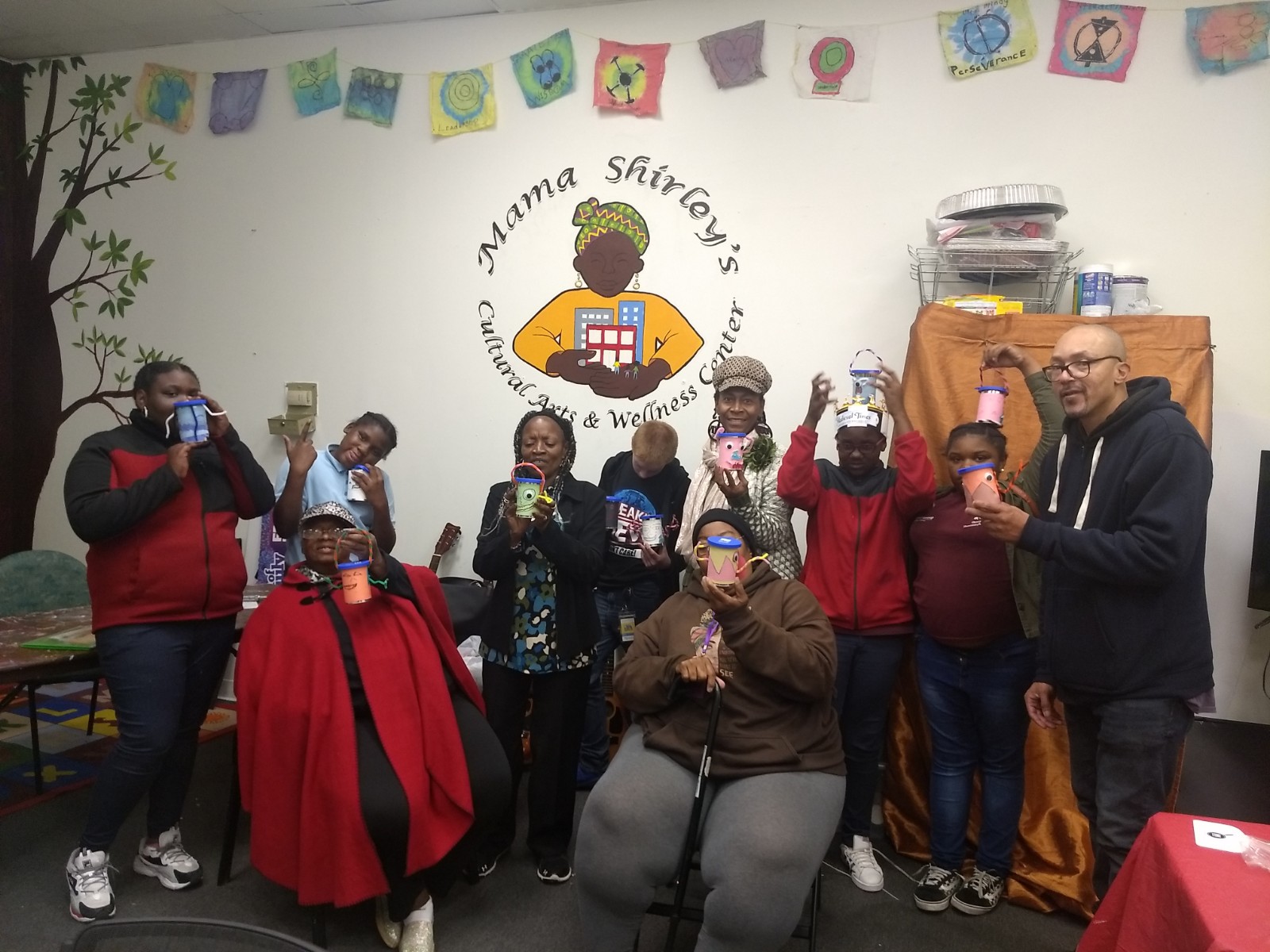They did the mash… they did the F.O.G. Monster Mash!
Michel Anderson and John Marra of Blue Water Baltimore’s Ecoliteracy Team spent an evening in doing the mash…the F.O.G. monster mash!
What does that mean exactly? We gave a great hands-on presentation on fats, oils, and grease at Mama Shirley’s Cultural Arts and Wellness Center.
An initiative of the Youth Resiliency Institute (YRI), the Center is named in honor of Ms. Shirley Foulks, a Cherry Hill artist and great grandmother. The Center is a hub for art presentations, artist support, family events, and much more in Baltimore’s Cherry Hill neighborhood.
Blue Water Baltimore and and the Youth Resiliency Institute have partnered to educate through the power of art for years. Together in 2018, we hosted a photography project to help Cherry Hill residents share their stories through art.
We know how much art has the power to help communities grow, learn, and thrive. That’s why we came back to do another hands-on art project. This time, we did something a little bit monsterish…we created F.O.G. Monsters!

What does F.O.G. mean anyway? F.O.G. stands for fats, oils and grease. These forms of waste cause of many of the problems harming Baltimore’s pipes and waterways.
Many Baltimore residents unintentionally damage our pipes each time they dispose of F.O.G. down their drains. F.O.G. is a liquid when heated for cooking, but it hardens when it cools. Once this F.O.G. builds up along pipe walls, it can have monstrous effects and cause backups, sink holes, and fatbergs.
By getting rid of F.O.G. monsters in the trash rather than the sink, Baltimore residents can help protect our pipes, homes, and waterways.

After John and I gave a short presentation about F.O.G., community members all ages went to work crafting their own F.O.G. monster to take home to their kitchens.
Why? Residents can feed any F.O.G. from cooking to their monsters! Once full, these monsters can be emptied out pr thrown away. We used empty soup cans for our workshop, but any container with a lid will work, such as tuna cans or plastic Tupperware.
Before the night ended, we challenged everyone at the workshop to take what they’d learned that evening and share it with at least one friend or family member. We look forward to seeing our friends in Cherry Hill again soon!
This program was generously funded by South Baltimore Gateway Partnership.
_____________________
Michel Anderson is Blue Water Baltimore’s Senior Manager of Ecoliteracy and Engagement.

